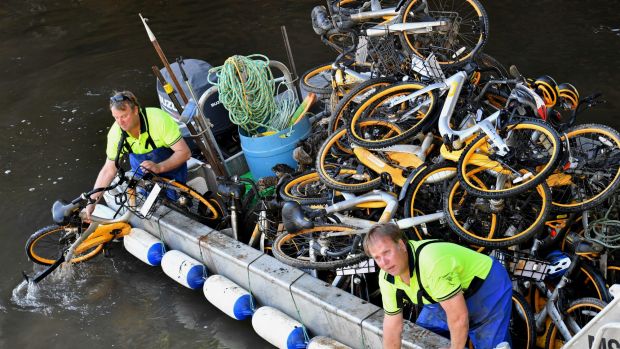Everyone has the Google Home / Alexa device these days, and use them to find out what the weather will be.
One day they will cross the threshold of amusing but mostly useless, to an indispensable tool.
The first company to make that leap should be bold and charge a fortune for it. I’m thinking $2,000.
The key feature will be an engaging, useful personality.
Hey Rob, that bill is 5 days overdue. I can just pay it now, if you like? Of you can put if off, no problemo, but it won’t go away. Do you want to discuss what is really going on? Or just pay it? Also, that movie you wanted to see has its last cinema showing on Wednesday. And it is has been 4 days since you contacted your girlfriend, I can adjust the threshold if you like, and maybe add Davina to the list of important people?




